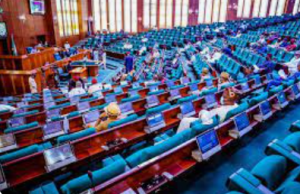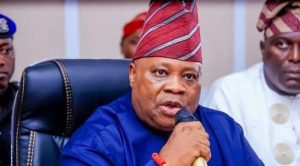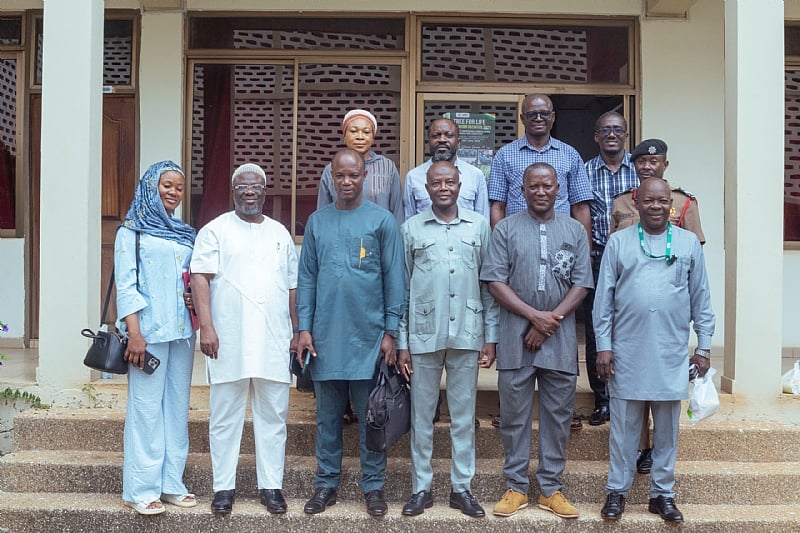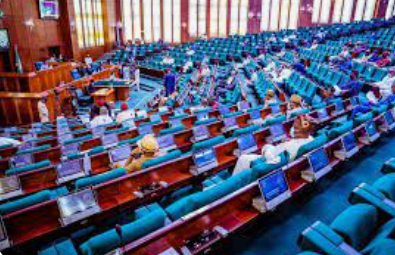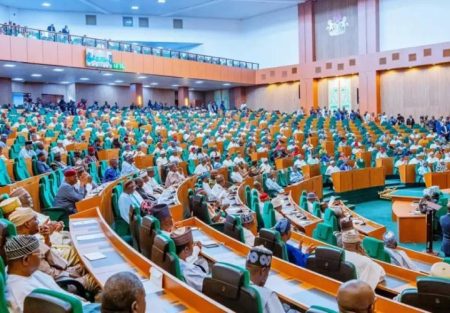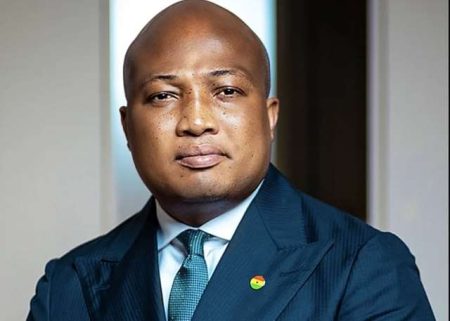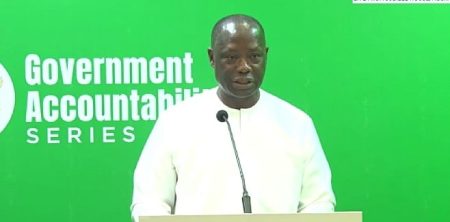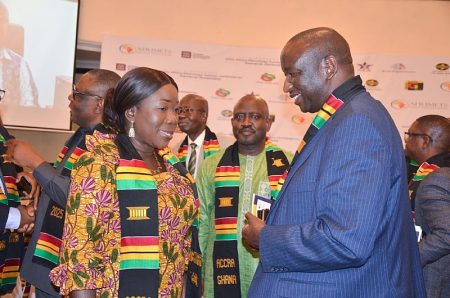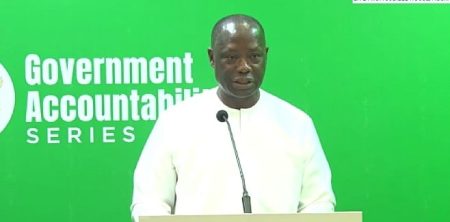The inauguration of the Northern Regional Spatial Planning Committee by Northern Regional Minister, Mr. Ali Adolf John Mburudiba, marks a significant milestone in the region’s pursuit of organized and sustainable development. This committee, formed to address the region’s unique geographical, cultural, and socio-economic landscape, is tasked with creating a context-specific and data-driven spatial planning framework. The Minister’s charge to the committee emphasizes the need for visionary leadership, inclusivity, and transformative action to unlock the region’s full potential while preserving its rich heritage. This new era of spatial planning aims to guide development in a way that maximizes the benefits of the region’s assets while effectively addressing its challenges.
The Northern Region presents a complex interplay of factors that necessitate a nuanced approach to spatial planning. Its diverse geography, encompassing vast savannahs, fertile agricultural lands, and unique ecological zones, requires careful consideration for resource management and environmental protection. Coupled with a rich cultural heritage and significant socio-economic disparities, the region demands a planning framework that is both sensitive to local contexts and capable of driving inclusive growth. The committee, composed of diverse stakeholders, will be instrumental in ensuring that the planning process reflects the needs and aspirations of all communities within the region. Their collective expertise and collaborative spirit will be crucial in navigating the intricacies of the region’s development landscape.
Mr. Mburudiba’s emphasis on commitment, teamwork, and institutional cooperation underscores the collaborative nature of this undertaking. Effective spatial planning requires the concerted efforts of various stakeholders, including government agencies, local communities, and technical experts. The committee serves as a critical platform for fostering communication and coordination among these stakeholders, ensuring that the planning process is participatory and transparent. This collaborative approach is essential for building consensus and ensuring that the resulting framework is truly representative of the region’s diverse needs and priorities.
The Minister’s assurance of presidential support, coupled with the secured funding for the Northern Regional Spatial Development Framework, demonstrates the government’s commitment to this initiative. This financial backing, facilitated by the Land Use and Spatial Planning Authority (LUSPA), provides the necessary resources to undertake the comprehensive planning process. The Minister’s call for LUSPA to expedite the preparation of the framework highlights the urgency of this undertaking and the importance of timely implementation. This commitment from the highest levels of government signifies the importance of spatial planning as a tool for achieving sustainable and equitable development.
The Northern Regional Spatial Development Framework, once completed, will serve as a blueprint for guiding future development in the region. This comprehensive framework will address key areas such as land use, infrastructure development, environmental protection, and socio-economic advancement. It will provide a structured approach to managing growth, ensuring that development occurs in a sustainable and equitable manner. The framework will also serve as a valuable tool for attracting investment and promoting economic opportunities within the region. By providing a clear vision for the future, the framework aims to foster confidence among investors and stimulate economic growth.
The success of this initiative hinges on the active participation and commitment of all stakeholders, particularly the members of the newly inaugurated committee. Mr. Mburudiba’s admonition for the committee members to take keen interest in the process underscores their crucial role in shaping the future of the Northern Region. Their insights, expertise, and engagement will be instrumental in ensuring that the spatial planning process is effective and truly reflective of the region’s unique characteristics. Their active involvement will not only contribute to the development of a robust and impactful framework but also foster a sense of ownership and responsibility for its successful implementation. This collaborative effort, driven by visionary leadership and informed by local knowledge, promises to usher in a new era of sustainable and inclusive development for the Northern Region.


